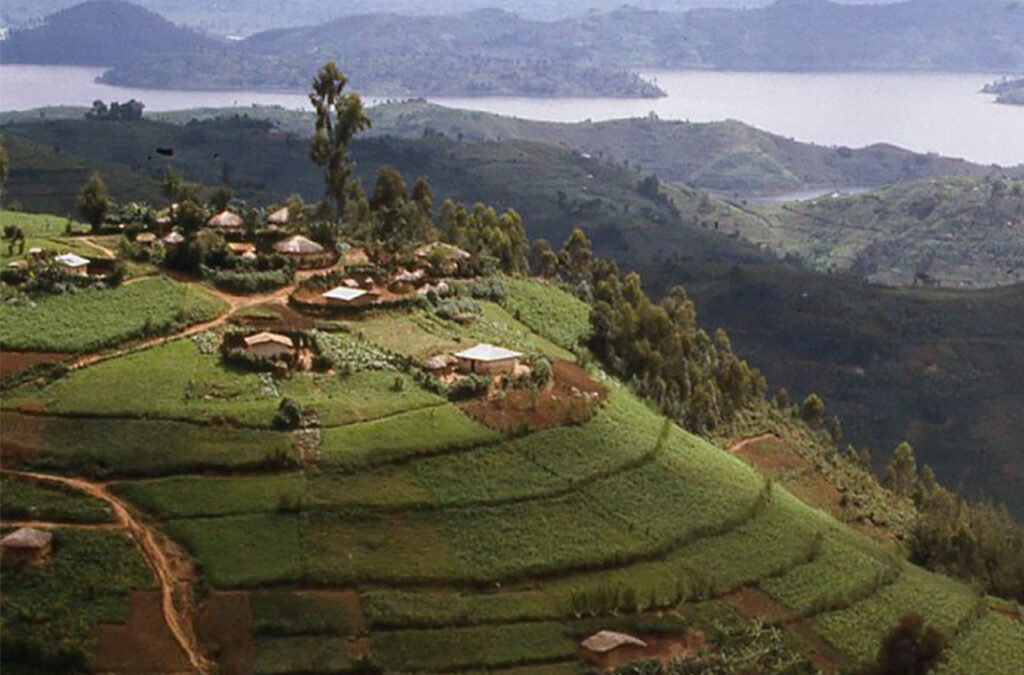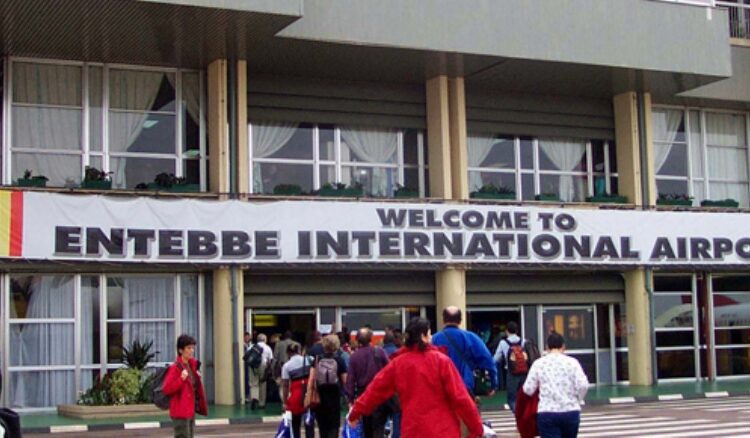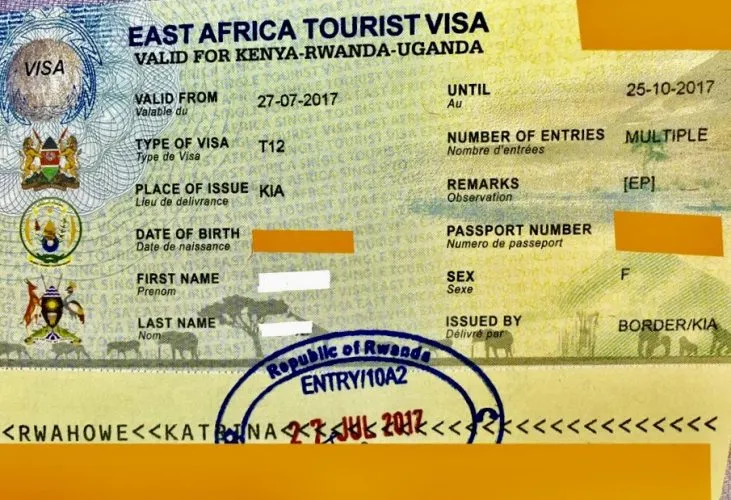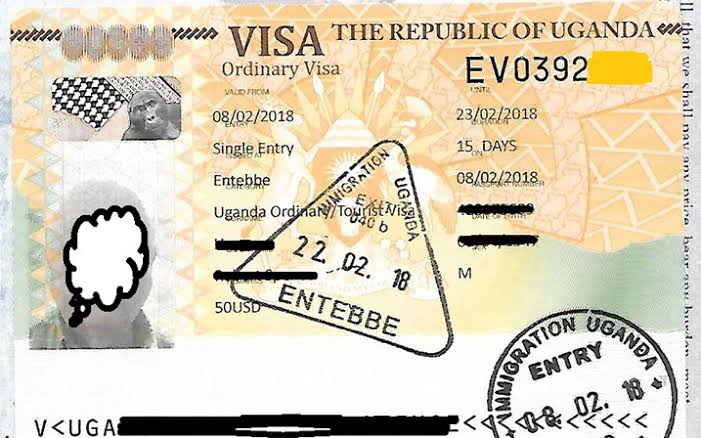
How Do I Handle Altitude Sickness?
June 13, 2025
When Is great Migration In Tanzania?
June 17, 2025Are There Areas to Avoid in Rwanda? A Thoughtful Guide for the Inspired Traveler
Rwanda is a country that stirs the soul. Nestled in the heart of East Africa, it’s a land of rolling green hills, misty mountains, shimmering lakes, and deep cultural heritage. When you step onto Rwandan soil, there’s a profound sense of hope and purpose in the air. This is a country that has not only survived one of the darkest chapters in human history but has risen from its past with grace, strength, and dignity. Today, Rwanda stands tall as one of Africa’s cleanest, safest, and most progressive nations.
With its welcoming people, secure streets, and well-developed tourism infrastructure, Rwanda has become a beacon for eco-conscious travelers, adventurers, and those in search of meaningful journeys. But like any country, Rwanda isn’t without its nuances. A common question among first-time visitors is: Are there areas to avoid in Rwanda?
The answer is both simple and layered. Rwanda is generally very safe, but understanding its geography, social dynamics, and regional context can help you explore it more deeply, responsibly, and confidently.
Rwanda: One of Africa’s Safest Countries
Let’s begin with a reassuring truth Rwanda is widely regarded as one of the safest countries in Africa. From its capital Kigali to rural communities and national parks, crime rates are low, infrastructure is improving rapidly, and there is a strong sense of law and order. You can walk through Kigali’s streets at night and feel safer than in many major cities around the world. Security officers are present in most public spaces, and the country maintains a disciplined, corruption-averse governance style.
This safety is not by accident. It is the result of intentional leadership, community-driven development, and a nationwide commitment to peace and reconciliation. For most travelers, Rwanda offers an experience that is smooth, enriching, and trouble-free. That said, being informed about certain areas and behaviors is an important part of respectful and responsible travel.
Areas Where Extra Caution is Advised
While there are no zones in Rwanda that are explicitly off-limits or broadly unsafe, there are a few areas and situations where awareness and preparation are important. These should not discourage you from visiting, but help you plan wisely.
1. Border Areas near the Democratic Republic of Congo (DRC)
The Rwandan side of the border with the Democratic Republic of Congo, especially around the town of Rubavu (also known as Gisenyi), is generally stable. Rubavu is a popular lakeside town with beach resorts, views of Lake Kivu, and a vibrant local culture. However, because of periodic unrest and rebel activity on the Congolese side, it is wise to stay informed before heading to the actual border or planning any cross-border excursions.
The city itself is safe and often full of both domestic and international tourists. But venturing too close to the border or attempting to enter DRC without proper guidance and security can be risky. It’s always advisable to check current government travel advisories before including this area in your itinerary.
2. Remote Sections of Nyungwe Forest and the Southwestern Border
Nyungwe Forest National Park is one of Rwanda’s natural jewels. This dense, ancient rainforest is home to chimpanzees, rare monkeys, butterflies, and countless bird species. Most visitors explore the forest safely on guided treks and have a seamless experience.
However, the southwestern corner of the park, especially near the borders with Burundi and DRC, has experienced isolated incidents in the past. Though the government has significantly increased security in the area and tourism continues normally, visitors should stick to guided tours, avoid straying from marked trails, and travel with licensed operators when heading deep into the forest.
3. Traveling Through Rural Areas at Night
Rwanda’s rural countryside is magical. Rolling hills blanketed with tea and banana plantations stretch for miles. Life is slower here, and the connection to nature feels pure. While these areas are peaceful, infrastructure such as lighting, signage, and emergency services can be limited. Roads may be narrow and winding, especially in mountainous areas.
It is best to avoid long-distance travel after sunset in rural regions. Daytime journeys allow you to take in the scenery, avoid traffic risks, and easily access help if needed. Most lodges and accommodations are situated in or near villages, making them ideal overnight stops during your travels.
Situational Awareness: Respecting Local Culture and Context
Aside from geographic considerations, there are some situational and cultural guidelines that are helpful to know when navigating Rwanda:
-
Avoid political conversations: Rwanda’s history is sensitive. While the people are proud of their national progress and healing, it is wise to avoid discussing politics, ethnicity, or the genocide unless in appropriate, guided settings such as memorial centers.
-
Respect local customs: Rwandans are very respectful and courteous. Dress modestly, especially in rural or religious areas. Always greet people politely, and ask for permission before taking photos.
-
Abide by local laws: Rwanda has strict laws around cleanliness, public conduct, and environmental protection. Littering, using plastic bags, or behaving disrespectfully in public places can result in fines. These rules contribute to the country’s incredible cleanliness and should be followed carefully.
-
Choose experienced local guides: Whether you’re trekking through volcanoes or visiting remote cultural villages, working with local guides enhances your experience and ensures safety. Guides are not only experts in navigating terrain but also serve as cultural bridges between travelers and communities.
What Makes Rwanda Truly Stand Out
Despite these minor cautionary notes, Rwanda remains an extraordinary destination. Kigali is a modern, cosmopolitan city full of art, innovation, and coffee culture. Volcanoes National Park offers once-in-a-lifetime gorilla trekking. Lake Kivu is perfect for rest and reflection. Akagera National Park is a Big Five safari destination with a conservation success story. And Nyungwe Forest is a paradise for birdwatchers and primate lovers.
More importantly, Rwanda leaves a lasting impression not just for its landscapes but for its spirit. There is something incredibly powerful about traveling through a country that has rebuilt itself with compassion, accountability, and a clear vision for the future.




